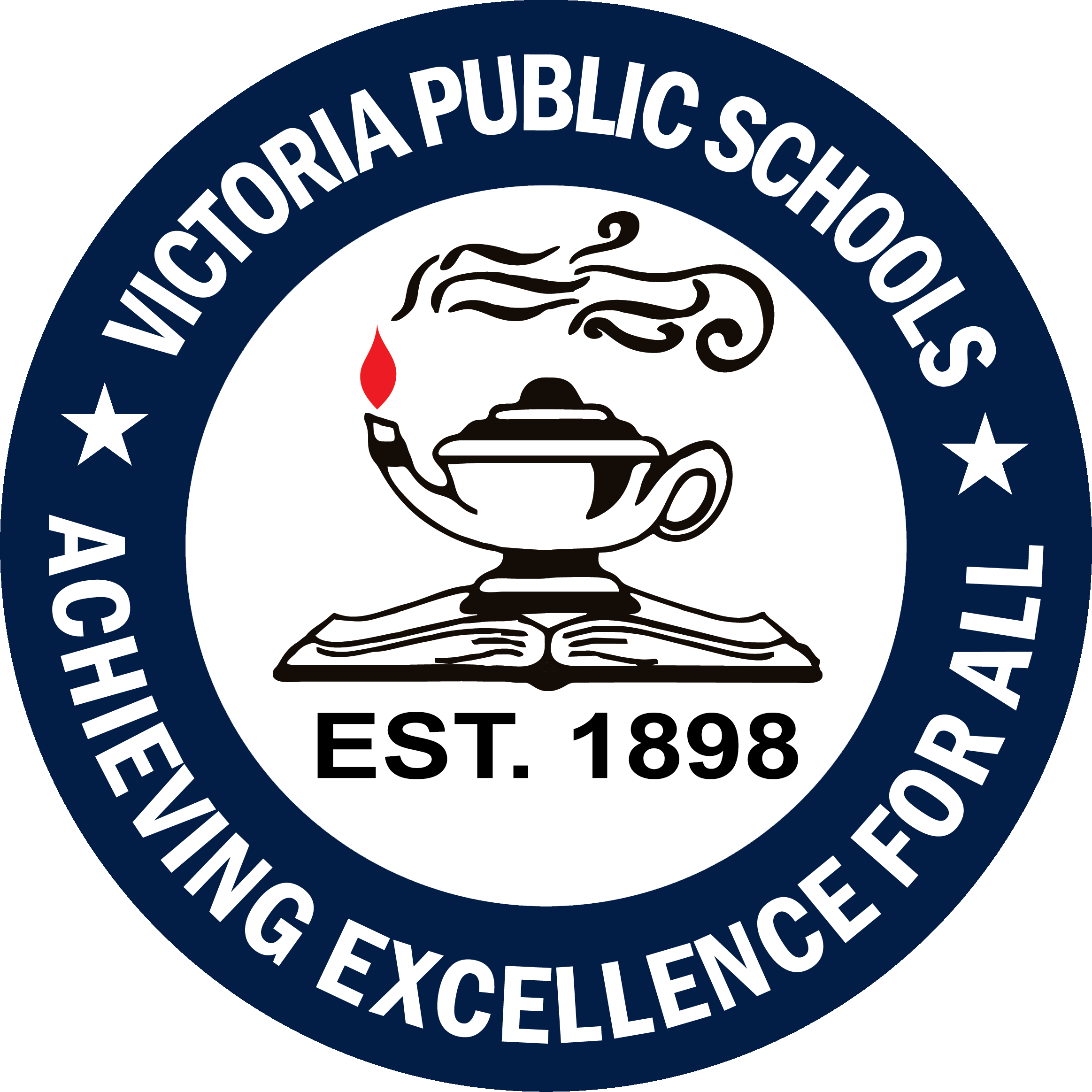In third grade, we begin learning about context clues, and we learn that word meanings can be constructed from the clues before, within, and after the sentence. Sometimes there are clues within the word, title, or phrase. Coming into VISD, I knew what each community-based-accountability-plan word meant individually. Still, I didn’t know what the Community Based Accountability Plan meant together for VISD.
So, what is a community-based accountability plan for VISD? The VISD Community Based Accountability Plan answers the question of what we (the community) value (in our schools and for our students).
The term community-based accountability has been used in VISD throughout the last few years. You’ve heard community-based accountability before, like in the District Strategic Plan and the Administration Report. During strategic planning, the committee, created by the Board of Trustees and including key community leaders, teachers, students, parents, and administrators, recommended community-based accountability as a key finding. A few directions include
Encourage students to pursue their passions and aptitudes
Sustain a culture that empowers every student to succeed and share their success stories
In the Administration Report, you’ll find departments sharing planning processes and progress of different programs the district is implementing to create a culture of voice and choice (another direction in the District Strategic Plan).
Through the community-based accountability system (CBAS) development process, our community will be empowered to define school accountability in a manner that more accurately reflects the needs and priorities of our students. We will recognize and report on educational outcomes above and beyond standardized testing and provide information that communicates overall effectiveness to drive meaningful, lasting change.
A community-based accountability system:
It is driven by the unique needs of the students and the values and expectations from the community it serves, as compared to the one-size-fits-all approach that is currently used.
Includes parents, community members, and educators working in partnership to identify meaningful indicators of progress and/or success unique to the VISD community.
Supports efforts to innovate and customize learning experiences based on the needs and interests of our students and community.
Recognizes schools are accountable for the capacities, requirements, principles, and infrastructure necessary to create and sustain a successful learning organization.
Is an engine of meaningful change for schools, not another report card.
Is a year-round, strategic effort rooted in key goals that are designed to create an alignment between the campus/district vision and accountability.
Developing community-based accountability involves students, parents, community leaders, and educators working together. VISD strives to gather feedback from you (the community and parents) through surveys and other district and campus-based avenues. A few months ago, the Office of Innovation and Communications Department was at schools during morning drop-off and afternoon pick-up to speak with parents and guardians about what the survey would provide feedback. VISD wanted to hear what parents wanted in school for their children.
Efforts to provide parents and students voice and choice are ongoing. At any time community members, parents, and students can share comments, questions, or kudos through the Administration Report Thoughtexchange or Let’s Talk on the VISD website.
Ashley Scott is the executive director of communications and public relations for Victoria ISD.

